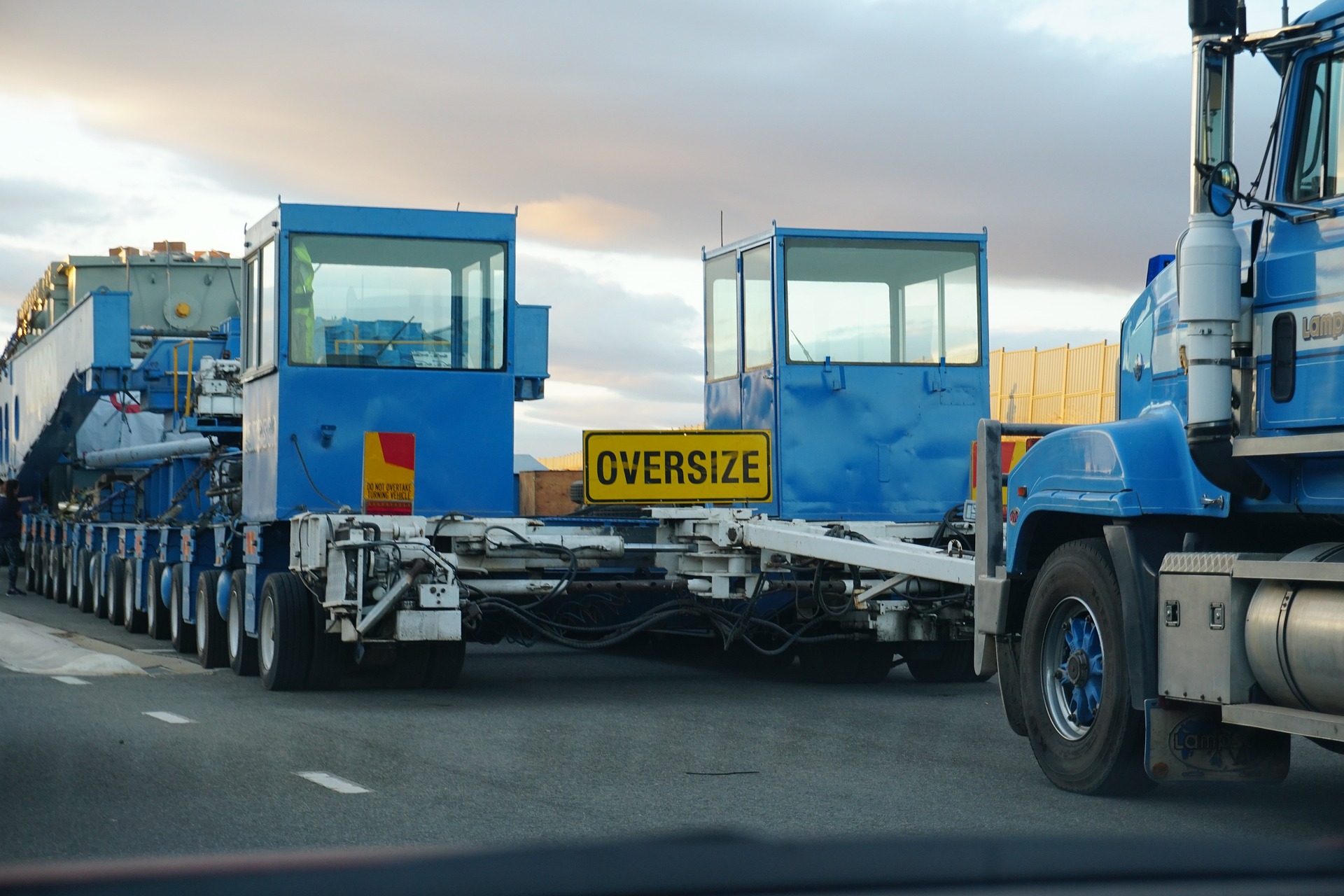
It’s Not about Damage to the Roadways
Along the interstates throughout the country, there are truck weigh stations. These checkpoints help to ensure that trucks follow weight limit guidelines, and deter overloaded semi-trucks from congesting the roadways.
But there’s more to an overloaded truck than just exceeding weight limits. When a truck is too heavy, it can pose a potential danger to other motorists. Let’s take a look at what the Car Crash Captain has to say about overloaded semis, and what we should pay attention to.
Why Trucks Have a Weigh Limit on our Highways
The obvious reason we want to make sure that trucks aren’t overweight, is because of how much pressure they put on the road. Our highways are strong, and designed to withstand a lot of force. But when trucks exceed their weight limit (which is set at 80,000 pounds), they can exceed the strength of the road. The result: more road construction to repair the damage.
But that’s just on the surface. If we take a closer look, it’s also because a heavier truck is a more dangerous truck.
Overloaded Semi Truck Danger: Too Much Force
Did you take physics in high school or college? If so you know that Force = Mass x Acceleration. More force means more potential to do damage when another object is struck. If you have a small bug that is hit by a vehicle, the bug won’t impart much force because it has a tiny mass; the mass of the vehicle means it has much more force.
If you have a passenger car that is hit by a semi-truck, the truck will impart much more force than the vehicle, because it has a larger mass.
If you have an overloaded semi-truck, the force just continues to go up.
Overloaded Semi Truck Danger: Improperly Balanced
The force isn’t the only problem that can pop up with an overloaded truck.
In order to keep anything from tipping over, spreading the weight out wide and low is the ideal solution. But you can only spread the weight out on a truck so far – they are confined to certain size limits after all. In order to pack more on, you pile it high.
When too much weight gets up higher, the truck gets top heavy. Then, if a corner is taken too quickly, that truck can tip right over. If you’re under the truck when it tips, things won’t look good.
Overloaded Semi Truck Danger: Cargo Loss
Of course, if you have a boxed in trailer, you can only load things so high before you hit the ceiling. To get around that, someone intent on overloading a semi-truck, could utilize a flat bed trailer. Then, without a ceiling, cargo piles high to the sky!
And just like when things get piled up a bit too high, they get wobbly and top heavy. If the entire truck doesn’t tip over on that dangerous turn, portions of the cargo certainly could. Then, scattered across the road, there are dozens of obstacles that lead to wrecks.
Overloaded Semi Truck Danger: Mechanical Failure
Something that many people don’t fully consider is the limitations of the trucks on the road. They certainly are powerful machines, and can be put through a lot. But they aren’t designed to handle anything and everything thrown at them. They do, in fact, have load limits.
When those limits are surpassed, more strain is put on the rig. Over time, that rig can wear out prematurely. Tires can fail, brakes may fail, and other mechanical difficulties arise. If the mechanics fail at the wrong time, a disaster could ensue.
Herbert Law Group Overloaded Semi Truck Help
If you have been injured in a semi-truck accident, whether you suspect that truck was overloaded or not, you need a truck accident lawyer to help ensure all is handled properly.
There is a lot that goes into determining liability, and recovering compensation that you deserve. When you’re trying to heal from your injuries, it’s hard to pursue that justice.
That’s why Herbert Law Group is here for you. Don’t go it alone, we are on your side. Let’s talk about what happened and see how we can help. Call us at 214-414-3808, or fill out the contact form on our site and we’ll get the ball rolling.